Growth & Customers
How it started: I lost 90% of my business in a week. How it’s going: 800 orders a week and a new shop
Discover how the founder of Cake or Death breathed life into her company by changing her business model after the pandemic hit.
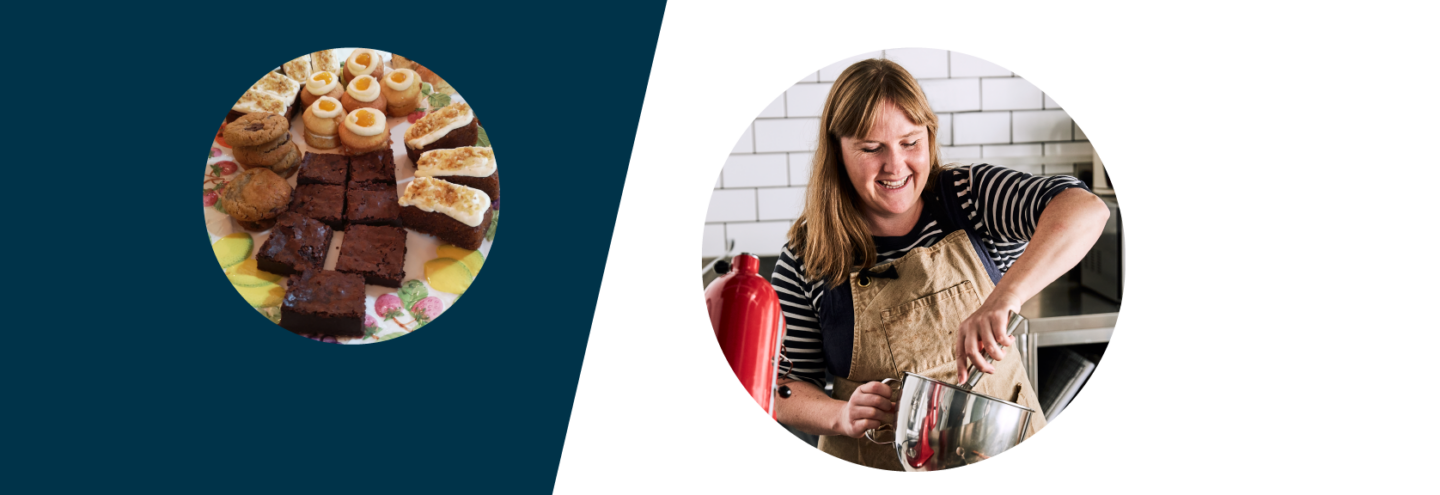
When the pandemic hit, Katie Cross’s wholesale bakery lost 90% of its orders in a week as cafes and restaurants were forced to close their doors.
Not one to give up without a fight, this adaptable business owner came up with a fresh—and delicious—way to not only survive but thrive: vegan letterbox brownies.
Here’s what we cover in this article:
Key ingredients to start a letterbox business
Katie’s message to budding business owners
Cake or Death fact file
Business name: Cake or Death
Founder: Katie Cross
Year started: March 2020
Location: Exeter
How Cake or Death started
Before Cake or Death, I was working in charity fundraising and business development, which gave me a taste of entrepreneurship.
I specialised in growing non-profit organisations and had a lot of transferable skills I could put into practice when building my own business.
As a child, my step-grandmother had run a bed and breakfast, and I was fascinated by what went on in the kitchen, so she taught me how to bake.
By the time I was 13, I was selling my Irish tea loaf in Bradfield, something that would certainly be frowned upon now.
I’d always wanted the autonomy of working for myself and after running a couple of tea parties—one of them being vegan—a friend encouraged me to open my own bakery.
At that point there were hardly any places specialising in vegan bakes, so in 2019 I quit my day job and started Cake or Death, named after an Eddie Izzard sketch.
It started out as a wholesale business but when the pandemic hit, I had to drastically change the business model.
Our vegan brownies always received a lot of compliments so that’s when I thought of letterbox brownies as gifts for loved ones—or for yourself.
Key ingredients to start a letterbox business
I started the business on shoestring, baking from a local community kitchen. I spent £2,000 on equipment and ingredients to start off, with but I have never had any outside investment, simply growing the business by reinvesting the profits.
I didn’t have previous experience in the food industry, so learning how a food business works was a huge learning curve, and I learnt about e-commerce on the job.
But I had considerable insight into what it took to run things from my experience working in business and development for fundraisers.
In the first year of my business, I worked 80 to 100 hours a week on average.
I did everything myself, from the baking to packing, delivering, running a market stall, business development, finance.
I got masses of support from my husband and son, who are willing taste-testers and gave me the space to work hard at setting up the business.
At the end of the first year, I did feel the pressure.
I was tired of not earning any money and at times, felt like I wanted to return to my previous career and earn a wage again. But at the beginning of our second year, the pandemic hit and orders went through the roof.
I realised that I had a very viable business overnight.
Bakes on the rise: Building a customer base
Cake or Death started out wholesale, selling to cafes and venues, so our customer base was initially word of mouth.
We’d always used Instagram as a way to reach people. After pivoting the business to letterbox brownies, Instagram was an amazing tool to further build customer base all over the country.
The idea for our pink leopard print boxes came through discussions and a bit of trial and error. They weren’t created for the purpose of Instagram, but we quickly found that people love posting pictures and videos of our packaging, which is great for us.
On top of social media, we invested early in PR, sending brownies out to journalists to secure coverage in magazines and newspapers.
This has been an effective way for customers to discover us, who wouldn’t have found us through social media.
Lessons learnt: Adaptability is key
Always have one eye on your next move.
If the pandemic has shown me anything, it’s that what is working for your business now might not work in three months’ time. I always have new business development ideas up my sleeve so I can pivot at a moment’s notice.
Taking a bite out of setbacks
With other businesses also having to pivot to online orders early last year, our packaging supplier actually ran out of boxes.
This meant we had to send out brownies in plain boxes for a while, which is not the experience customers expect.
We made sure we had a lot of communication with our customers about that to minimise the negative impact on their experience. We also saw ingredient shortages and huge challenges with postal services.
The amount of online shopping people did during the pandemic meant all mail delivery services were inundated, resulting in long delivery times and lots of missing parcels.
Through all of this, communication with our customers has been crucial in keeping them onside.
The sweet taste of success
Once we pivoted the business in March 2020, orders grew from 20 to 800 a week by January 2021.
One of the driving forces was that customers loved being able to add a personal message when sending brownies to family and friends they were unable to see because of restrictions.
Christmas 2020 was also brilliant for Cake or Death.
We were absolutely swamped with orders, so much so that we closed them two weeks early so we could fulfil purchases without being overwhelmed.
In autumn 2020, we recognised a lot of customers were ordering more than one box. So, we introduced boxes of 10 brownies as well as the standard boxes of six.
We also started monthly subscriptions for die-hard fans.
We’ve also seen an increase in our corporate orders, and many businesses have placed bulk orders for brownies to be sent out to team members working remotely.
Sending out a small gift like that is a great way of connecting with colleagues who may not have seen one another in person for a long time and this has become a significant part of the business.
Moveable feasts
I recently moved the bakery from London to Exeter.
Since we’re an e-commerce business delivering all over the country, there was no real need to be based in one place, especially not in one of the most expensive cities in the world.
We’ve opened a bakery in Exeter, which also has a shop front where we sell coffees, vegan treats, and of course, brownies.
Over the summer, we’ve worked on building local awareness to drive footfall to the bakery—the response from the local community has been incredible.
Looking ahead for the rest of the year, we plan on continuing our limited-edition flavours.
We’ve previously done Rocky Road and Trillionaire flavours, which have sold out super quickly. We’ll also continue creating special flavours for specific dates throughout the year, like Mother’s Day, Christmas, and Halloween.
We have lots of new products in development so keep an eye on our Instagram for updates.
Katie’s message to budding business owners
I hesitated to set up the business for quite a while. The only way to know if a business will work is to just go for it.
You will probably find you’ll have to go through several iterations of your business idea before you hit on the thing that really works.
That’s an invaluable part of the learning process that I think all business owners need to go through.
How it started, how it’s going
Want to know what year one of business is really like? A group of business owners share their stories and advice to help you navigate the start of your entrepreneurial journey.

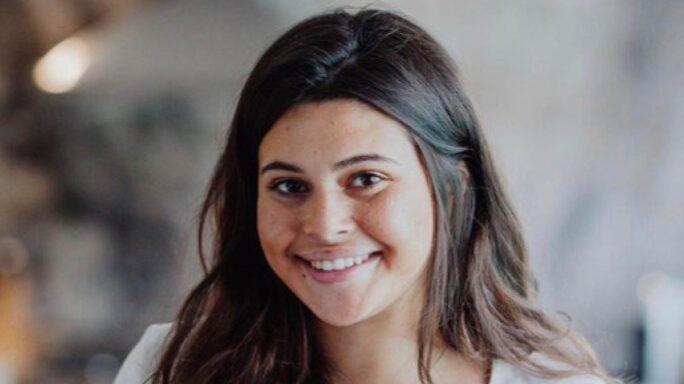

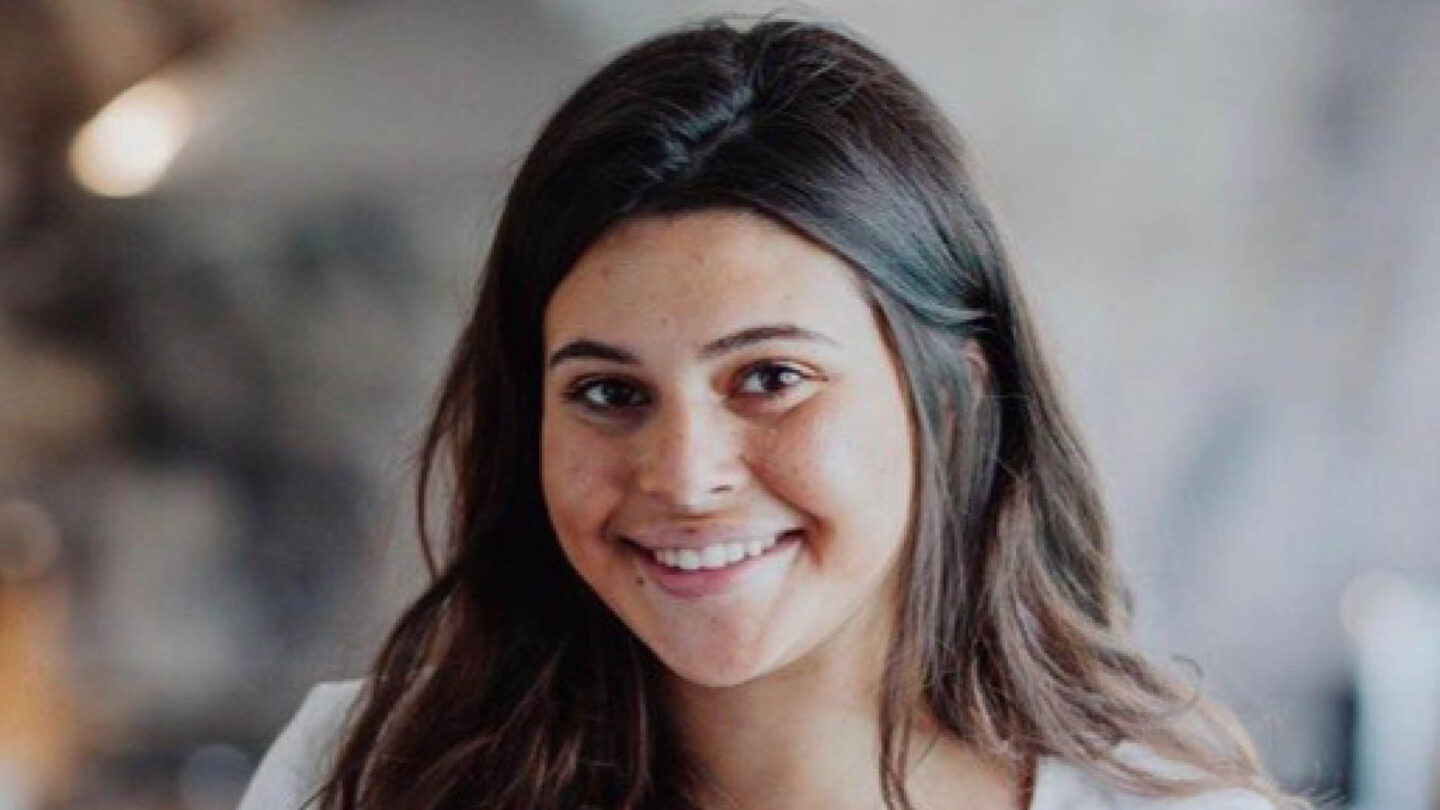

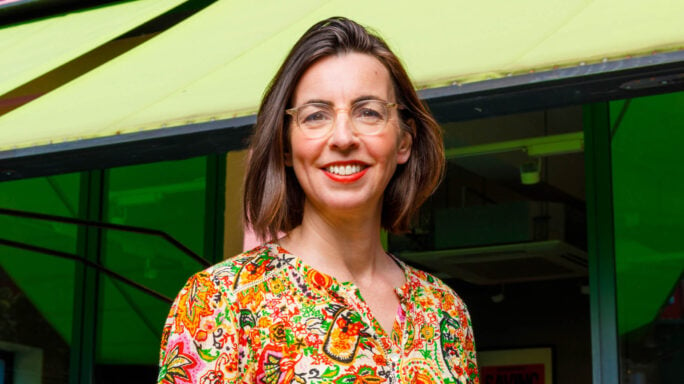

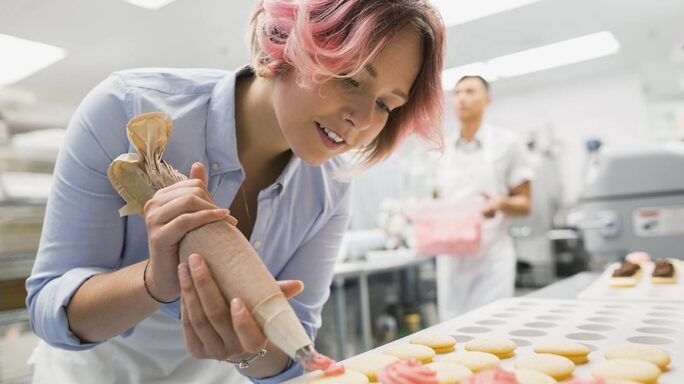
Ask the author a question or share your advice